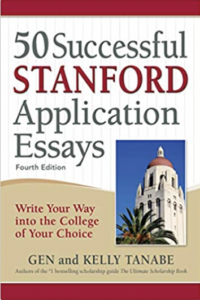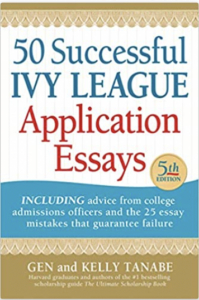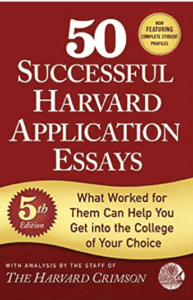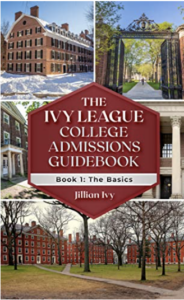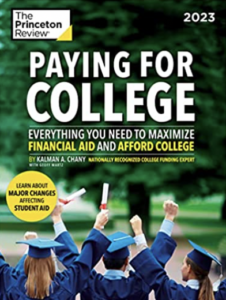How to Write Harvard’s Transfer Essays
How to Write Harvard’s Transfer Essays
How to Write Harvard’s Transfer Essays – expert tips and advice from a former Harvard admissions interviewer and Harvard graduate. So, you want to try to get in to Harvard as a transfer student, do you? It’s not impossible, but it is VERY competitive. Last year, on 15 students were admitted to Harvard University as transfer students. You think that’s bad? The year before is was 12. That’s 12 students worldwide. However, there is always hope as one of my students was one of those 15, and in previous years I’ve had others as well.
So, what does it actually take to get in as a Harvard transfer student? The most important thing, outside your grades and letters of recommendation, is going to be your transfer essays and how you respond to the transfer application prompts.
I will go through them here now, one-by-one. Harvard is asking 2023-24 applicants to pen five short essays in response to the following prompts:
1. Harvard has long recognized the importance of enrolling a diverse student body. How will the life experiences that shape who you are today enable you to contribute to Harvard?* (200 words)
-
- Share a significant life experience that has shaped your identity.
- Connect the lessons learned from this experience to how you will contribute to not only intellectual diversity, but the cultural community as a whole at Harvard.
- Consider your potential impact on campus, such as applying leadership skills to various literary outlets if you’re so inclined, or celebrating your international identity within a specific club or organization.
- More than anything, Harvard is looking for what makes you stand out and unique.
2. Briefly describe an intellectual experience that was important to you.* (200 words):
-
-
- Showcase your passion for learning by describing a recent intellectual experience: something that made you think in a new and different way. Something that expanded your horizons.
- Discuss a class, seminar, book, or travel experience that left a lasting impact on you.
- Reflect on how this experience has influenced your intellectual growth and curiosity.
-
3. Briefly describe any of your extracurricular activities, employment experience, travel, or family responsibilities that have shaped who you are.* (200 words):
-
- Focus on one or two extracurricular activities that have significantly shaped your identity. Any more than that and your essay will get muddled.
- Choose activities that haven’t been extensively covered elsewhere in your application. Each question or prompt should always be an opportunity to show the admission committee something NEW about yourself. Repeating yourself in your applications will get you rejected!
- Discuss the fundamental impact of the chosen activities on your understanding of yourself.
4. How do you hope to use your Harvard education in the future?* (200 words):
-
- Envision your life 10 to 20 years after Harvard, and articulate your aspirations. The more detailed you can bet the better, though no one is going to hold you to what you say long-term. What the school is looking for though are students who have a very driven, focused, ambitious plan…understanding, of course, that with the new input from college, and especially a community like Harvard, all plans can (and maybe even should) change.
- Explain why Harvard is an essential step in achieving your long-term goals.
- Reference specific programs, activities, or organizations at Harvard that align with your vision.
5. Top 3 things your roommates might like to know about you.* (200 words):
-
- This is the most creative of the questions, and should be a place where your personality really comes through. Create a list of various aspects about yourself that could interest roommates and try to stay away from “too much” pop culture. Some is fine, “too much” though is just that and doesn’t put you in a good light because remember, Harvard wants UNIQUE and if you’re doing and saying what every other teenager is doing and saying (i.e. pop culture) how unique really are you? Just keep that in mind.
- Choose three engaging and authentic facts that showcase different facets of your personality. More than that and you are NOT FOLLOWING DIRECTIONS!
- Weave these facts into a narrative that gives admissions a glimpse into your casual and relatable side. They want to make sure you’re not the Unibomber (former Harvard student!), and that you are capable of making friends.
Remember throughout all of your transfer essays to tailor your responses to your unique experiences, aspirations, and personality. Be genuine, specific, and use your own voice to make your transfer application stand out.
Conclusion
Transferring to Harvard and learning how to write Harvard’s transfer esssys necessitates a strong strategic approach, and addressing the transfer essay prompts in the right way is a crucial step in the process.
Crafting thoughtful and well-researched responses that demonstrate your genuine interest in Harvard’s academic and extracurricular offerings showcases how you plan to take advantage of the opportunities Harvard makes available, contribute to the community, and overcome challenges.
The key is to present a compelling narrative that aligns your current experiences with what Harvard has to offer, making a strong case for why you are an ideal fit as a transfer student and why Harvard University should add you to their class. It’s hard, but not impossible. My Ivy League transfer students apply every year…and some of those get in. Best of luck!
Want more help with your Harvard transfer applications? Contact me today for a free consultation at www.IvyCollegeEssay.com and get into the school of your dreams!
Check out my other blog articles, as well:
- How to Transfer to Columbia University
- What Each Ivy League School is Known For
- How to Get Into Yale










